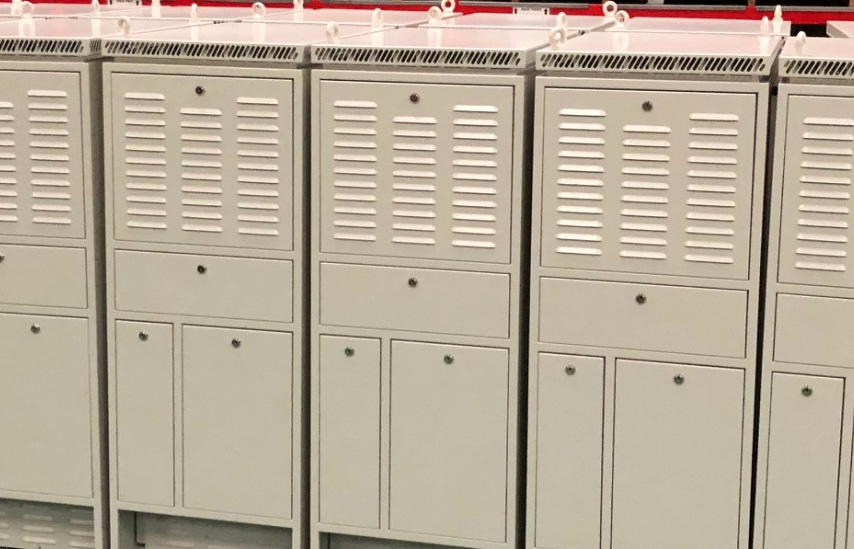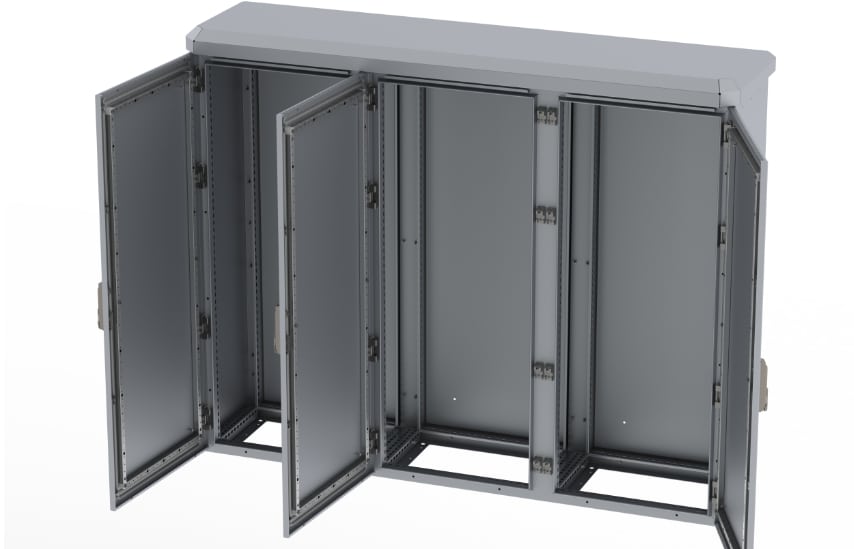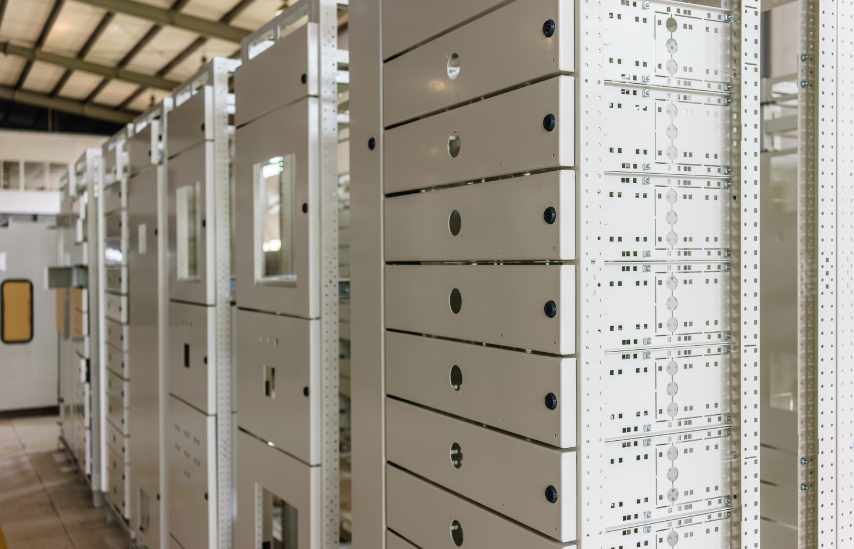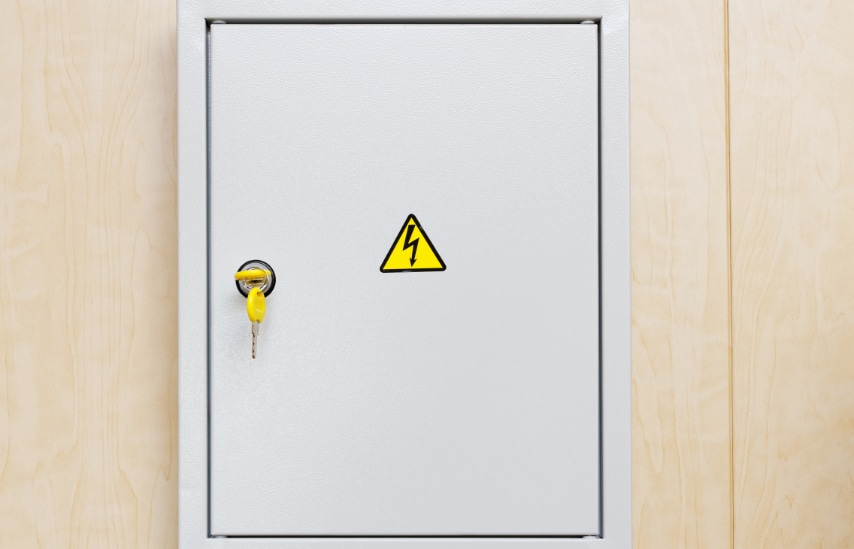When you are looking to manufacture an enclosure you need to consider the material it should be made from. There are many factors that are important in all of this, that you may want to consider.
Taking the time to understand the differences between plastic and metal enclosures is important. Let’s take a look at plastic vs metal enclosures and see which is best suited for your application.
Metal Enclosure Regulation
In 2016, regulation 421.1.201 was released. This regulation stated that “Within domestic (household) premises, consumer units and similar switchgear assemblies shall comply with BS EN 61439-3 and shall:
(i) have their enclosure manufactured from non-combustible material, or
(ii) be enclosed in a cabinet or enclosure constructed of non-combustible material and complying with Regulation 132.12.”
Source: IET (The Institution of Engineering and Technology)
One of our customers Hager, performed a test comparing metal and plastic enclosures. They did an internal hot wire test on plastic enclosures and recorded their experiment. At 22 minutes there was smoke in the room. Within 40 minutes, the outside of the enclosure was alight. After 53 minutes, the enclosure, (which was hanging at the top of the wall) started to collapse.
The steel enclosure was subjected, to the same conditions- (hot wire testing). After 1 hour and 30 minutes, the steel enclosure did not set alight. This shows the importance of this regulation and why metal enclosures are usually the preferred choice.
Advantages of Metal Enclosures
So what are some of the main advantages of metal enclosures?
Durability
One of the main advantages is their durability, especially in comparison to plastic alternatives. There is no doubt that metal lasts a lot longer. This also makes them cost-effective in the long run. They are also more effective than plastic enclosures at keeping pests at bay.
Cost Effective
Despite costing more upfront, metal enclosures will generally last a very long time, meaning that they are usually more cost-effective overall. Thus, metal enclosures won’t need to be replaced as often as plastic.
Shielding
A major reason to use metal is that it provides much better electromagnetic shielding than plastic enclosures, making it the much-preferred material for any electronics that you need to encase.
Aesthetics
Compared to plastic enclosures, metal enclosures look better than plastic. Not only does it look a higher quality (and is), but it also looks expensive. Therefore your business can mark up the price of your metal enclosures based on the quality and perception of this.
Disadvantages of Metal Enclosures
Cost
Metal can cost more upfront, although you will generally find for the reasons outlined above, that it can be more cost-effective in the long run.
Weight
Metal is weighter, often making it difficult to use in some settings, such as on boats where weight is hugely important to keep to a minimum.
Also, this may affect the shipping costs of your metal enclosures. Unlike plastic enclosures, metal enclosures are heavier, and will cost more to transport, since more fuel will be used.
Corrosion
Metal rusts, and over time will need replacing if it is not treated or cared for properly.
Plastic Enclosures Explained
Plastic is one option when it comes to enclosures. This type of enclosure material is cheap, light and flexible.
Plastic enclosures can be used in a number of applications. The outdoor plastic enclosures you may have seen would include municipal electrical boxes, construction power systems, signage for highways and other similar settings. And internally, you might have seen plastic enclosures in fuse boxes, IT systems and commercial power systems.
Advantages of Plastic Enclosures
What are the advantages of plastic enclosures?
Cost
Plastic enclosures will often be cheaper upfront to buy and install.
Lightweight
This enclosure material is lightweight, especially when compared to metal enclosures. Not only does this impact cost of shipping, it makes it cheaper to transport, as lighter goods need less fuel to transport but it also makes it easier to handle.
For example, plastic enclosures are used in hospitals. This can be found in the form of heart rate machines. As this is made from plastic it is easy to transfer from patient to patient or even to different hospital wards.
Corrosion Resistance
Plastic for enclosures is less likely to corrode. This is effective in terms of the longevity of the item.
Disadvantages of Plastic Enclosures
There are however some serious downsides to using plastic enclosures too, as seen below.
Temperature Limitations
One problem that you may potentially come across is that plastic enclosures are generally not able to deal with as wide a temperature range as metal enclosures. Metal can deal with very high and low heats, whereas plastic is liable to bend and even melt if exposed to certain temperatures. This makes the enclosures less safe and increases the need for replacing it.
Durability
Even though plastic is cheap, it isn’t durable. It can easily be damaged and may often need replacing. However, this does depend on the environment that the enclosure is in. For example, if the enclosure is used as part of a computer, it rarely gets moved and won’t be susceptible to breakage. But if the enclosure is in a harsh environment, it may be easily damaged.
Flammability
Finally, a plastic enclosure is more flammable than a metal one.
Factors to Consider when Choosing Between Plastic and Metal Enclosures
Application Requirements
Depending on the specific requirements of the job, you’ll have to think carefully about which is going to be preferable. You’ll need to think about the environmental conditions, such as temperature and humidity, as well as impact resistance. If your enclosure will be placed in a humid and high-heat environment then metal enclosures may be the preferred choice.
Costs
As we have said, the initial investment can be higher for metal, but it often pays out in the long run, so this is just a balancing act that you need to figure out on a case-by-case basis. It might seem that plastic is a good budget option, but is it really in the long run?
Compliance and Safety Considerations
There are often regulations to consider, which may sway you on which metal enclosure material is best. You have to think about IP ratings, for instance, and whether your specific environment needs a certain material.
Design Options
Often, plastic enclosures have more design flexibility than metal ones, so this too might come into play when you are trying to decide between them. Here at Wrekin Sheetmetal, we tailor your metal enclosures based on your needs.
Ultimately, whether you go for plastic or metal enclosures will depend on a wide range of factors, and will vary case by case. But make sure that you are choosing carefully, and that you don’t rush the process. If you are looking for enclosures which offer durability and quality then metal enclosures are a cost-effective solution for you. Regulations need to be considered too.
From the heart of our factory in Telford, we manufacture metal enclosures. If you want to find out more information about our capabilities click here.
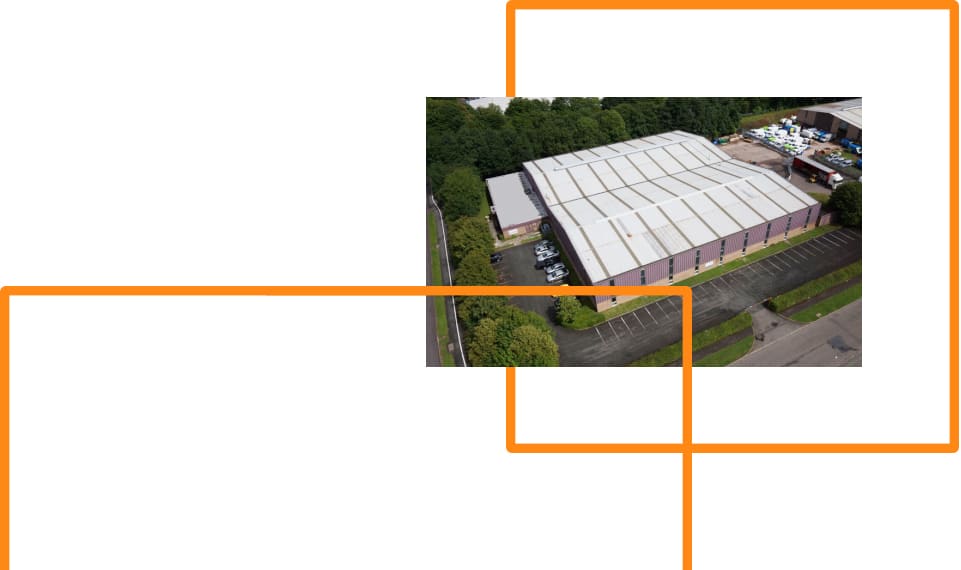
How can we help?
With over 17+ years of knowledge and experience, we’re confident we can offer a flexible solution beneficial to both parties, get in touch with us today.
